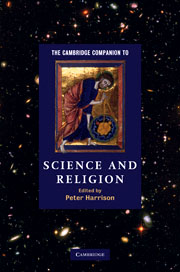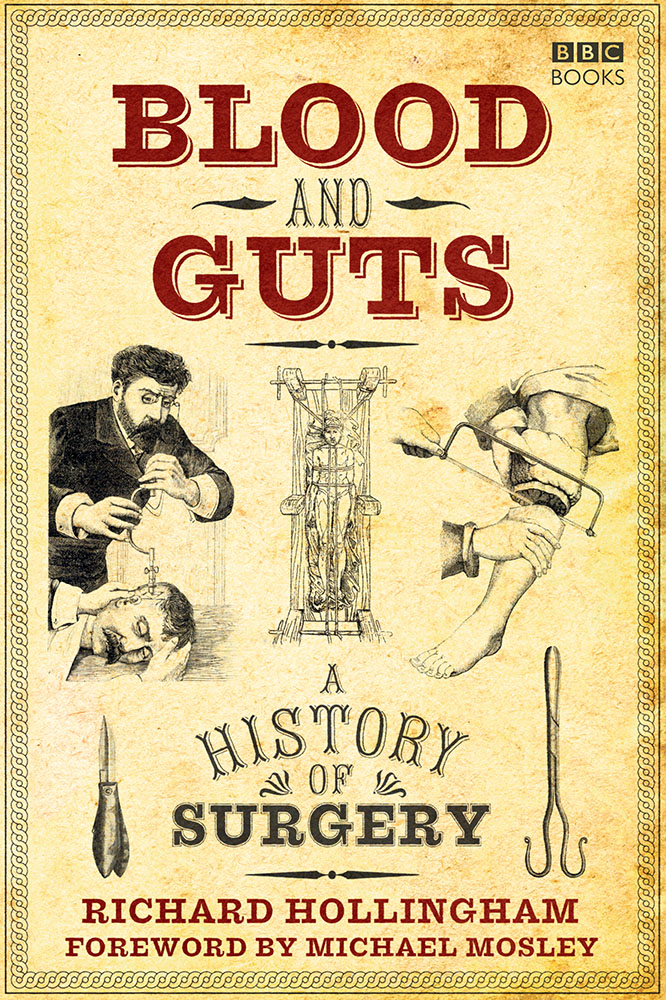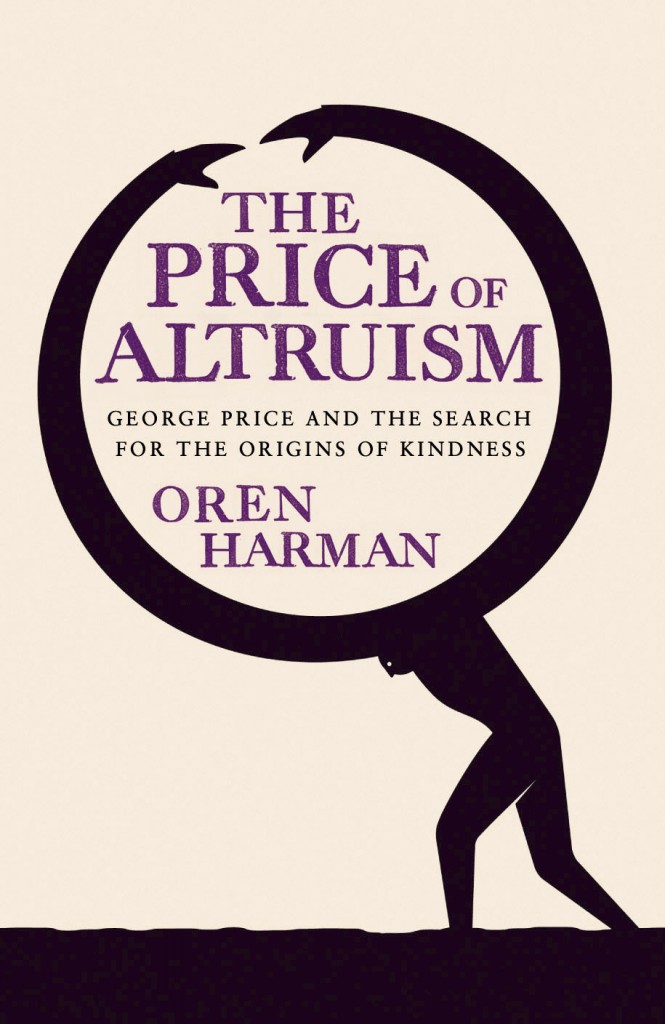TUESDAY, 9 NOVEMBER 2010
Are science and religion necessarily in conflict? Was the development of intelligent life on our planet an evolutionary inevitability? Will it be possible to maintain religious faith as astronomers and physicists discover more and more details about the early universe and how it formed? These are the sorts of questions addressed in The Cambridge Companion to Science and Religion. It isn’t a light read by any stretch of the imagination, but for those interested in some of the deepest questions, it is compelling.Fourteen separate contributions, each from a different author, cover a diverse range of issues. The first five chapters chart the historical interactions between science and religion, and are refreshingly objective in their analysis, if at times a little dry. The central five chapters focus on contemporary issues related to the two subjects, and are much more opinionated. The final chapters explore some of the philosophical aspects raised in the preceding chapters. There is a lot of emphasis on Darwinian evolution throughout and at times this starts to feel repetitive; whilst this is an unfortunate consequence of having numerous authors, it does give the reader a chance to reflect on the arguments.
I would thoroughly recommend this book to anyone who wants to fully examine the questions that science raises about religion. Be aware, however, this isn’t an easy-reading, popular science book. Tim Middleton
Blood and Guts: A History of Surgery
Blood and guts is a fascinating account of pioneering surgery and the people behind it. Hollingham illustrates the successes and failures of surgery in vivid detail using examples from ancient history through to modern times. Surgeons patching up Roman gladiators, high-speed amputations in the 17th century, astonishing facial reconstructions of the present day: all are used to describe moments where surgical breakthroughs occurred. The development of anaesthesia and the control of infections were two particularly important discoveries. Hollingham examines the changing perceptions of surgery within society by looking at the use of brain surgery to “cure” mental health problems in 1960s America, and the social value of reconstructive surgery, particularly to wounded soldiers.
Although the book accompanies a television series, it stands alone well and gives those less familiar with medicine an insight into surgery and its origins. Readers with more knowledge of the subject may find it a little slow, but the personal stories are worth reading. The author does not succumb to the temptation of filling the book with gory tales of mad scientists; instead, he credits each surgeon, even those who may seem misguided, with playing a part in the operating theatre of today. Alex Jenkin
The Price of Altruism
Opening with a colourful description of George Price’s funeral, attended by a motley collection of beggars and scientists, Harman proceeds to take the reader on a whirlwind tour through the life of this eccentric thinker. Ultimately, Price sought to answer the ultimate conundrum: if survival of the fittest is all that matters, “how could behaviour that lowered fitness be selected?...Why do vampire bats share blood? Why do sentry gazelles jump up and down when a lion is spotted, putting themselves precariously between the herd and the hungry hunter?” and “What do all of these have to do with morality in humans? Survival of the fittest or survival of the nicest?”
The author seamlessly intertwines the life of Price with some of the great minds of the 19th and 20th centuries, from Charles Darwin to William Hamilton. Despite frequent references to notable biological problems and complex mathematical concepts such as game-theory, the book reads effortlessly, making a scientific background wholly unnecessary. In fact, as Harman transports the reader from the Siberian steppes to the slums of London, from the Russian Revolution to Nazi Germany and from scientific laboratories to humid jungles, this brilliantly researched book offers more thrills than many novels. Djuke Veldhuis



